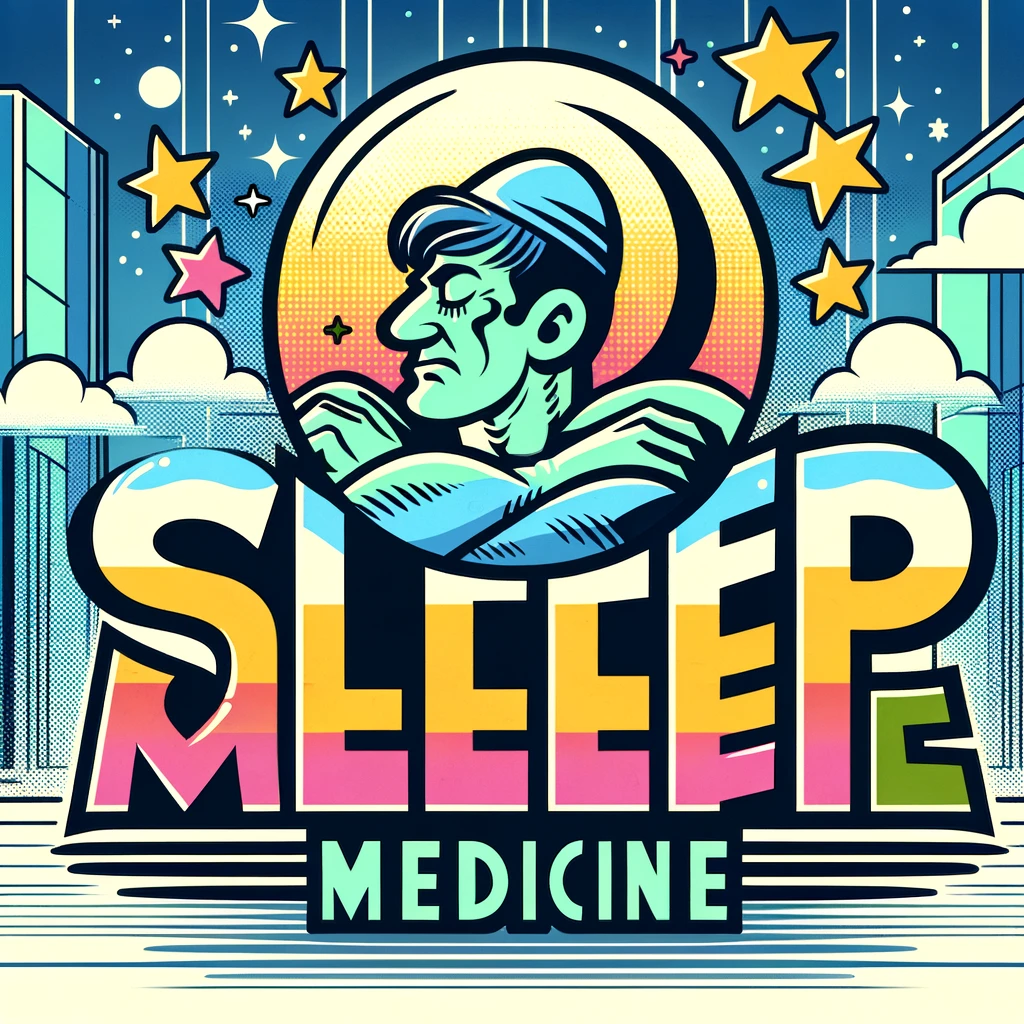Discover how hypoglycemic therapy could revolutionize treatment for patients battling obstructive sleep apnea, offering new hope and improved health outcomes.
– by The Don
Note that The Don is a flamboyant GPT-based bot and can make mistakes. Consider checking important information (e.g. using the DOI) before completely relying on it.
The benefits of hypoglycemic therapy for patients with obstructive sleep apnea.
Lin et al., Sleep Breath 2024
<!– DOI: 10.1007/s11325-024-03015-2 //–>
https://doi.org/10.1007/s11325-024-03015-2
Let me tell you, folks, we’ve got something huge here. We’re talking about a problem that’s big, really big – Obstructive Sleep Apnea (OSA). It’s not just about snoring, okay? It’s linked to something that affects millions – glycemic abnormalities. But, we’ve done something incredible. We looked into how hypoglycemic therapy, yes, the treatment for high blood sugar, can actually help with OSA. And guess what? The results are fantastic.
We didn’t just look anywhere. We searched the top databases – Web of Science, PubMed, you name it, until December 25, 2022. We found seven studies that are just top-notch. And yes, we made sure this was all official by registering with PROSPERO. We’re talking about serious, high-level research here.
Here’s the deal – not only does this treatment help lower blood sugar, but it also reduces the apnea-hypopnea index (AHI) by 7.07/h. That’s a big deal, believe me. And for those who stick with the treatment for more than 12 weeks, the results are even more impressive for blood sugar levels. But here’s the kicker – whether it’s short-term or long-term, the improvement in AHI is solid across the board.
And there’s more. For those using a specific drug, the sodium glucose cotransporter 2 inhibitors (SGLT2i), the reduction in AHI is even more remarkable – we’re talking about a drop of 11.00/h. Incredible, right? Plus, this treatment also helps with other things like sleepiness during the day, body weight, and blood pressure. It’s like hitting multiple birds with one stone.
So, what we’ve got here is a game-changer. This research shows that treating high blood sugar can also help with OSA. And the effects of SGLT2i? They’re nothing short of amazing. But, we’re not stopping here. We need more research to fully understand how these two are connected. But let me tell you, what we’ve found so far is going to help a lot of people. It’s going to be huge.
